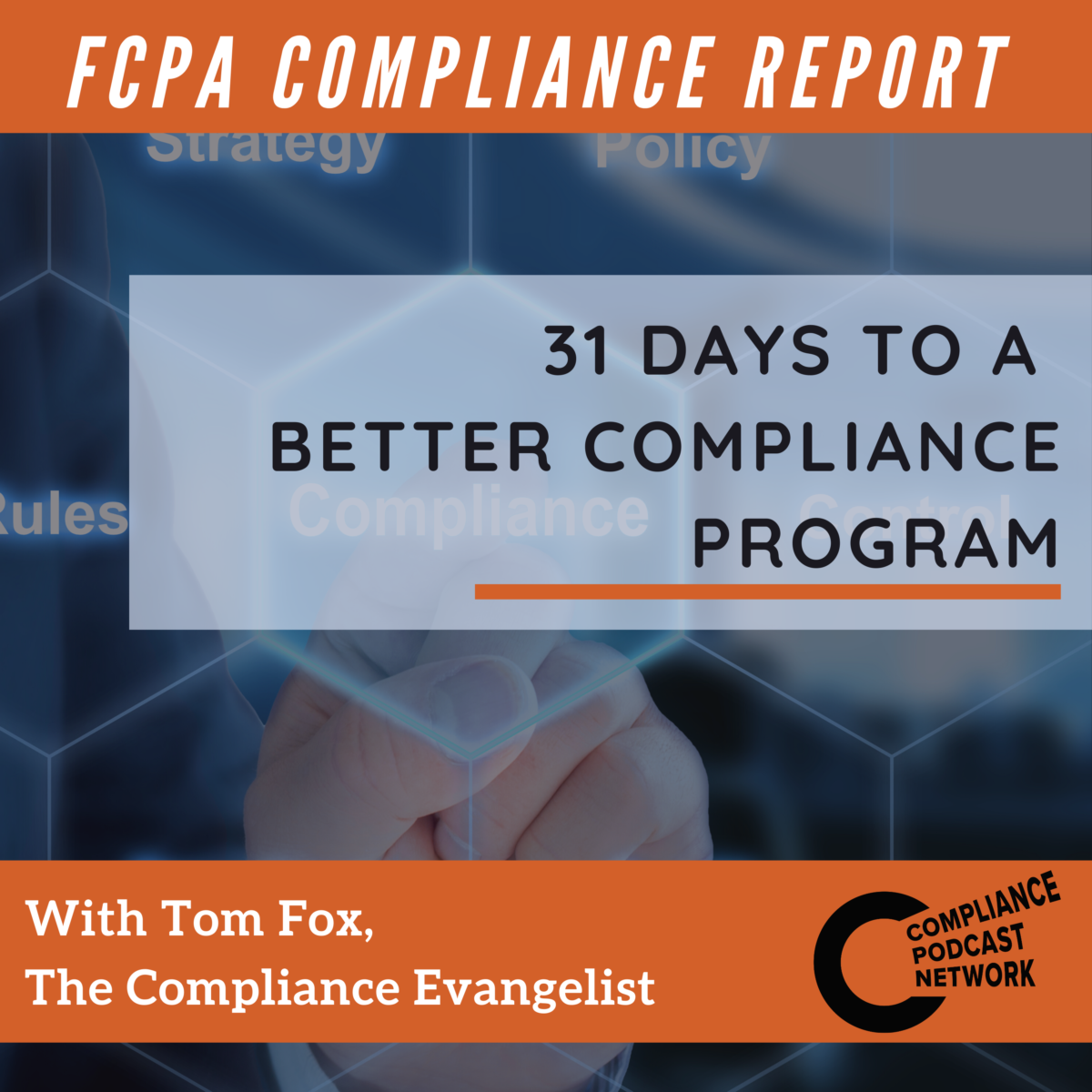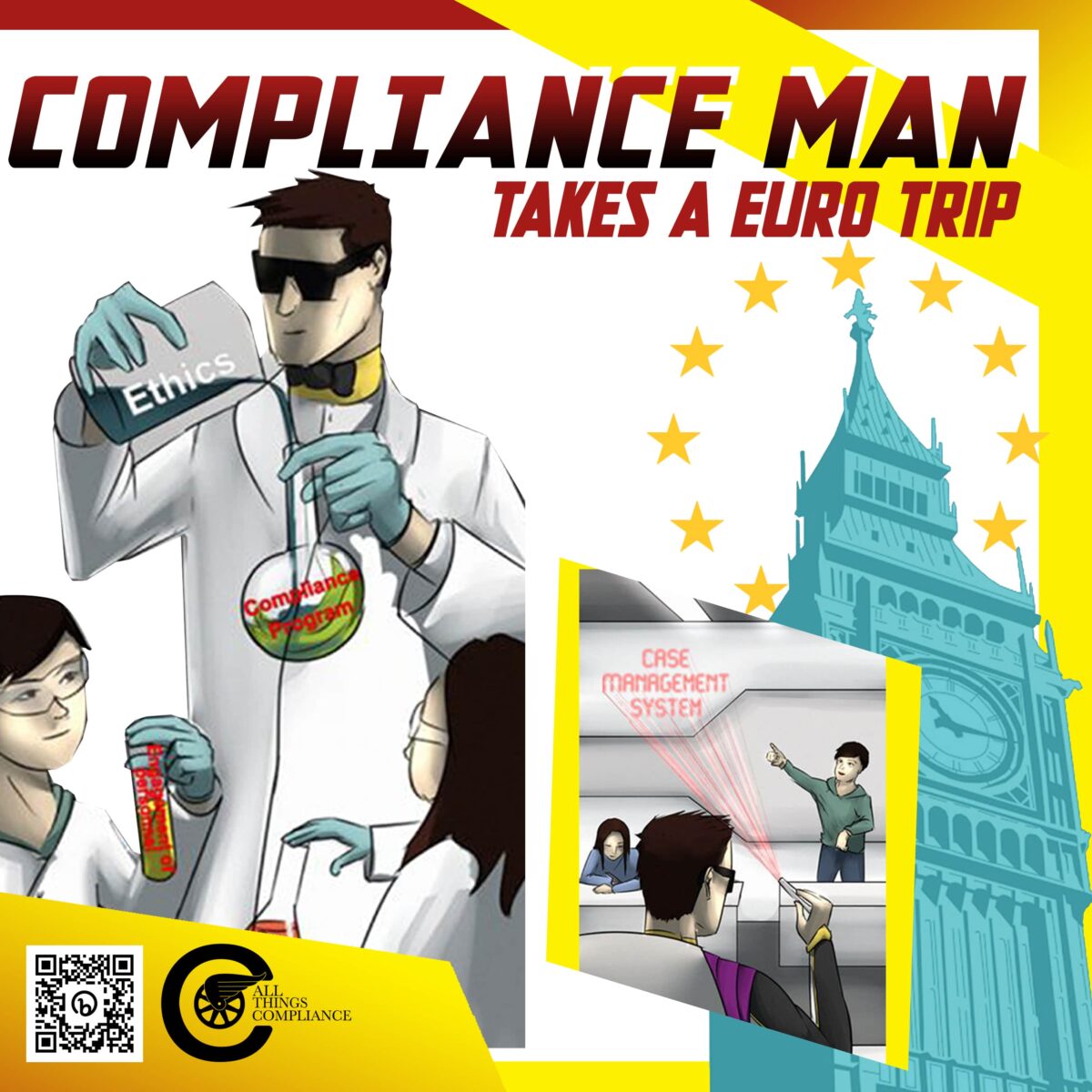Many companies have an investigation protocol in place when a potential compliance violation or other legal issue arises. However, many Boards of Directors do not have the same rigor when it comes to an investigation, which should be conducted or led by the Board itself. The consequences of this lack of foresight can be problematic, because if a Board does handle an investigation right, the consequences to the company, its reputation and value can be quite severe. The SEC considers a variety of factors around corporate investigations including: Did management, the board or committees consisting solely of outside directors oversee the review? Did company employees or outside persons perform the review? If outside persons, have they done other work for the company?
Dan Chapman has said this is the time for a very frank conversation with your Board about what such an investigation will entail. Costs must be adequately discussed to set proper expectations. These include both direct costs and, what Chapman believes may be even more important, a discussion of indirect costs to the company. He noted, “the biggest cost to a company during an investigation is the diversion of management resources” and, as he further explained, “everything stops to focus on the investigation.” This indirect cost comes through largely the time commitment of senior management. He further explained, “if senior management has to commit 20% of their time to the investigation, that’s 20% that’s not going towards revenue generating, shareholder value protecting activities.”
Finally, Jonathan Marks has noted after notification of serious allegations, Boards should take the following steps:
• Consider creating a Special Committee to conduct the investigation;
• Establish a committee charter;
• Preserve the electronic and hardcopy documentation environment;
• Communicate with external auditors; and
• Plan potential communication with the SEC, DOJ, and the relevant stock exchange.
Marks also notes that while a special committee might be necessary in certain rare circumstances, the Board should try to avoid forming a special investigative committee to oversee the investigation if the Audit Committee is composed of independent and disinterested directors that are suited for the task. A special committee must be disbanded at some point (usually once the investigation is completed and before the restatement process begins), and the disbanding could become a complicated news item. Conversely, if the Audit Committee oversees the investigation, then, once the investigation is complete, they can pivot back to their normal role, which would include overseeing the actual restatement process. Investigations overseen by the Audit Committee also benefit from the positive relationship that the committee chair usually has with the audit partner of the company’s external auditor.
Three key takeaways:
1. The Board should have a written protocol for investigations prepared in advance.
2. Any Board led investigation must be both credible and objective.
3. The investigation must be thorough but the Board can be cost effective.








